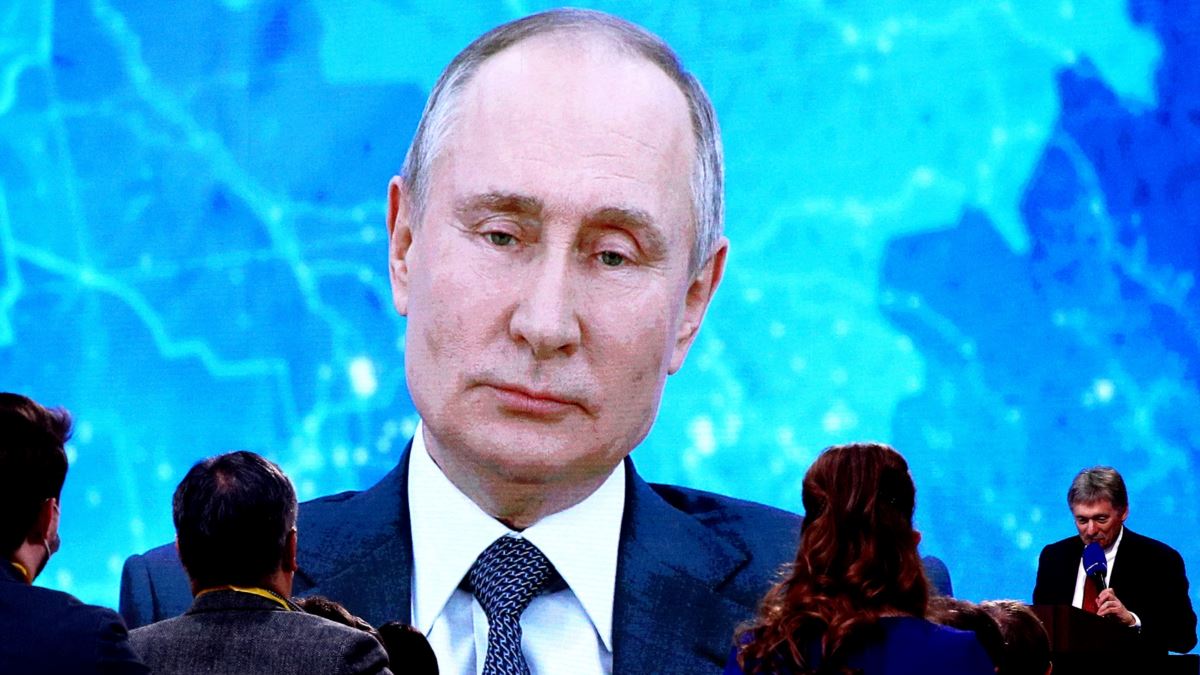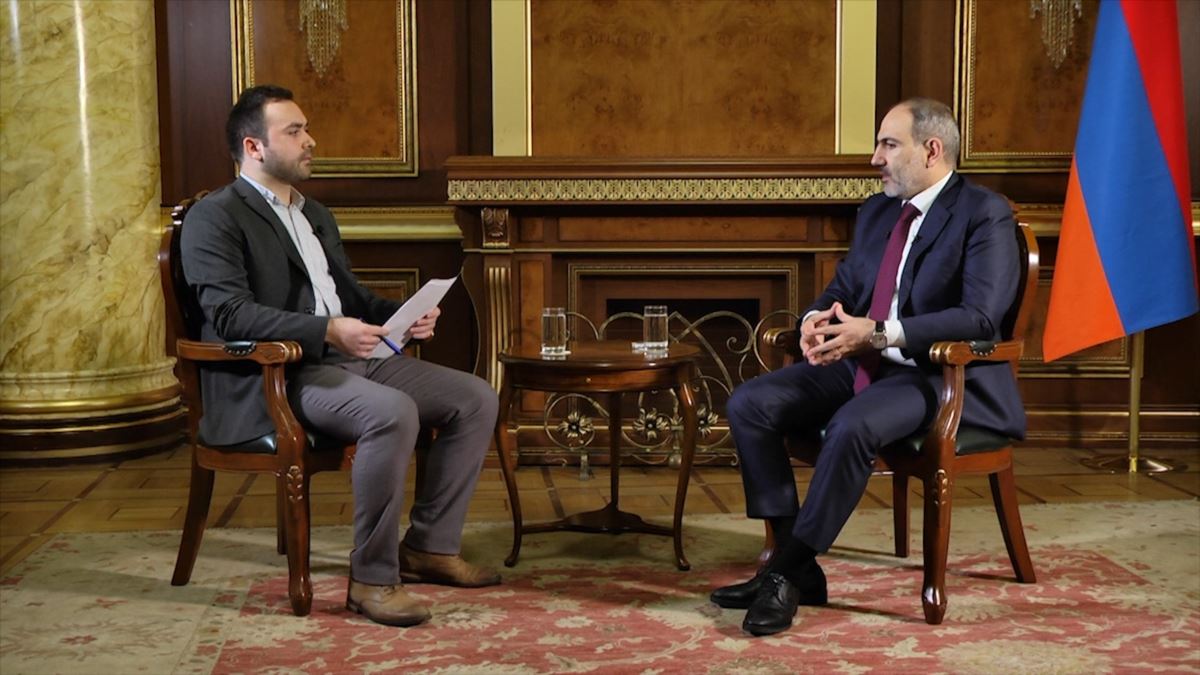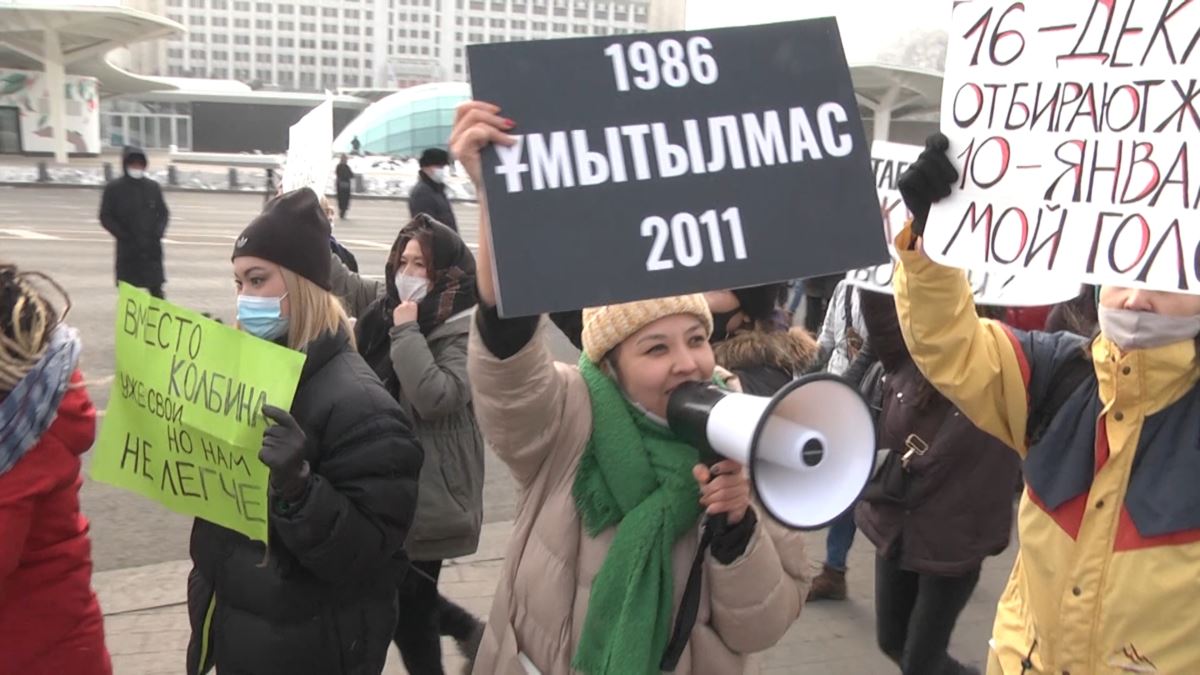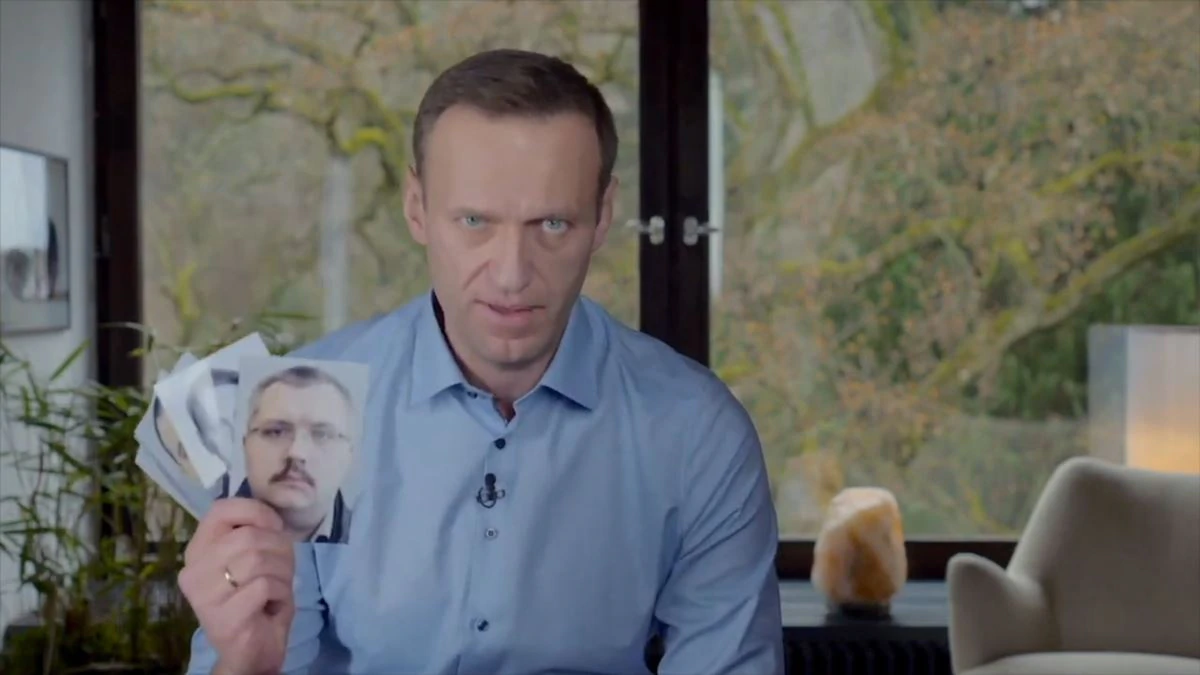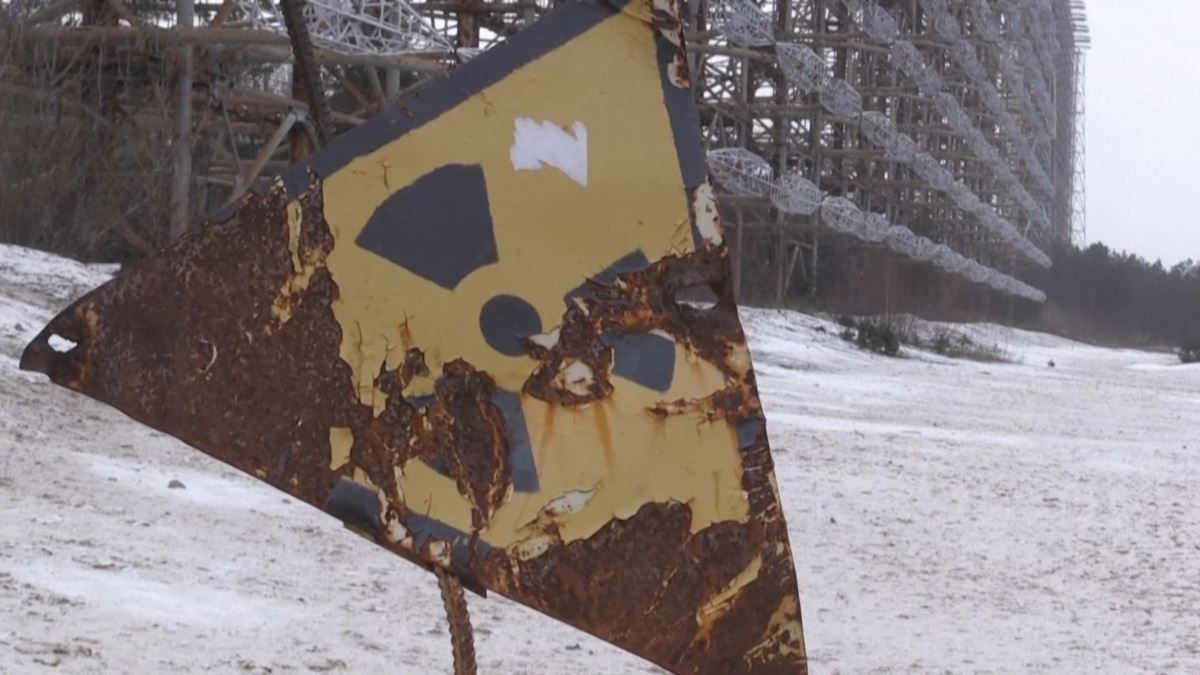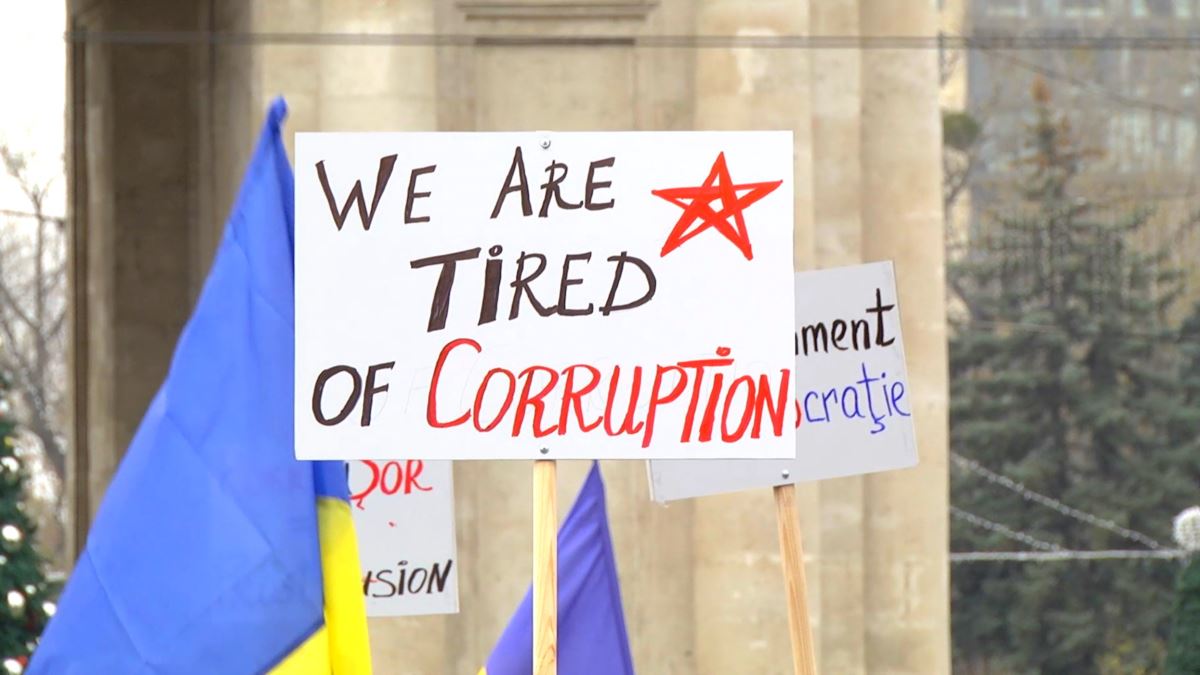Thousands of Armenians marched through the capital, Yerevan, on December 19 to commemorate the soldiers killed in a six-week conflict over the Nagorno-Karabakh region in which Azerbaijan made significant territorial gains. The conflict and the fatalities on the Armenian side have increased pressure on Prime Minister Nikol Pashinian who is facing calls to resign after being accused by the opposition of mishandling the conflict by accepting a Russian-brokered cease-fire last month. Pashinian led the march to the Erablur military cemetery on the first of three days of mourning. Although he was flanked by his supporters, shouts of “Nikol is a traitor!” could be heard along the way and outside the cemetery.
This post was originally published on Radio Free.
